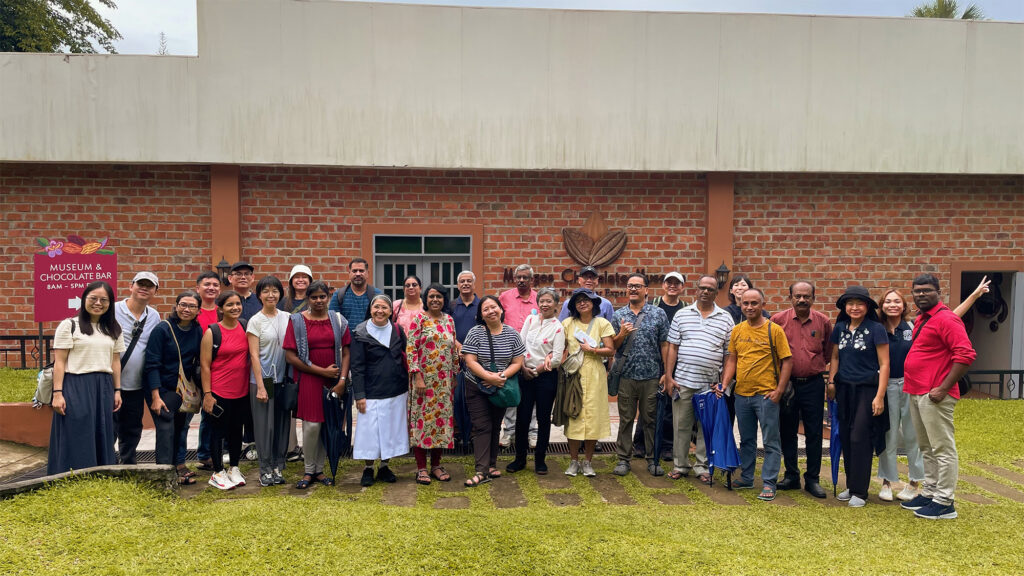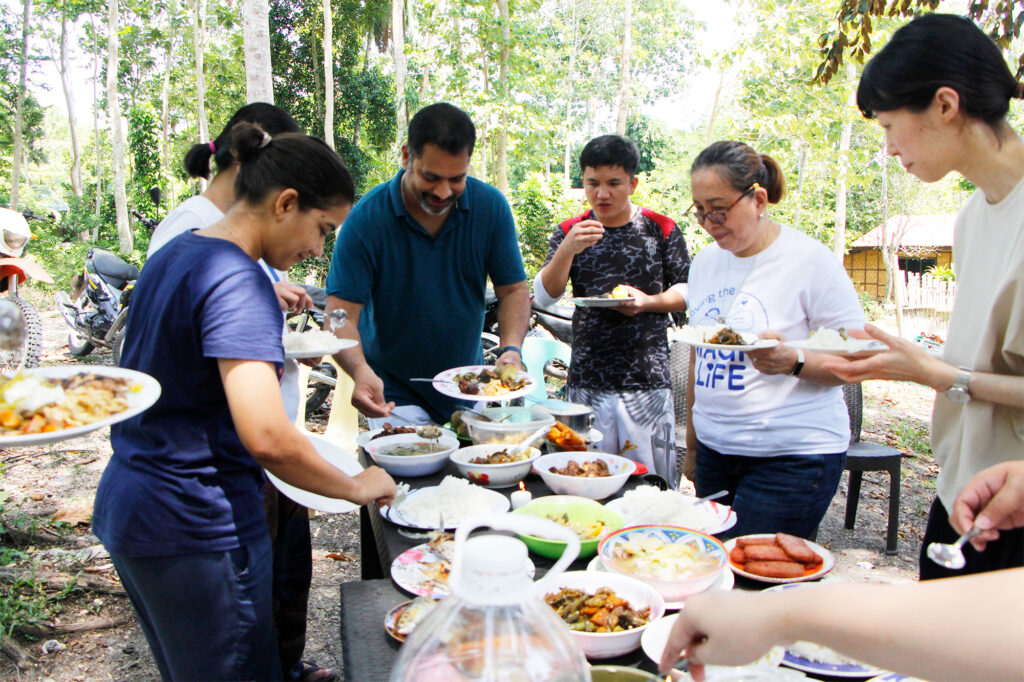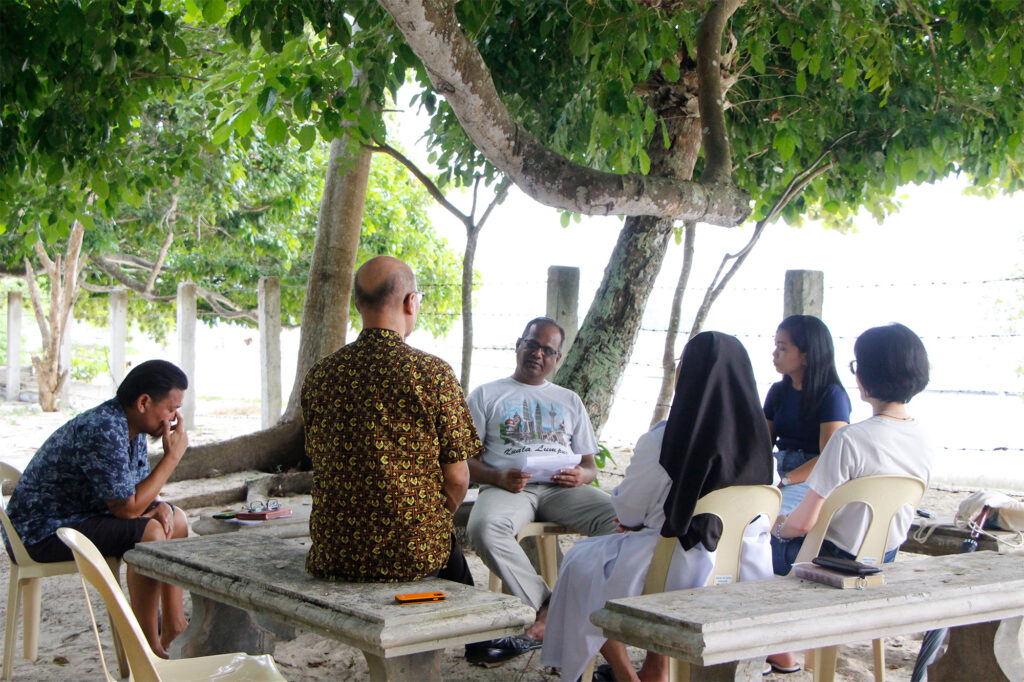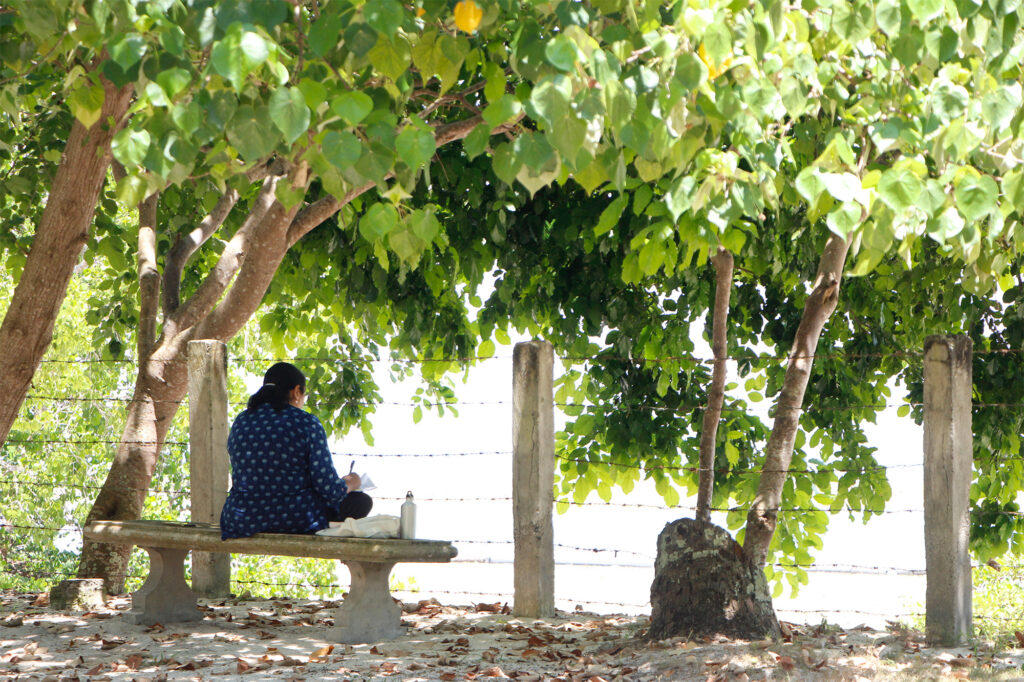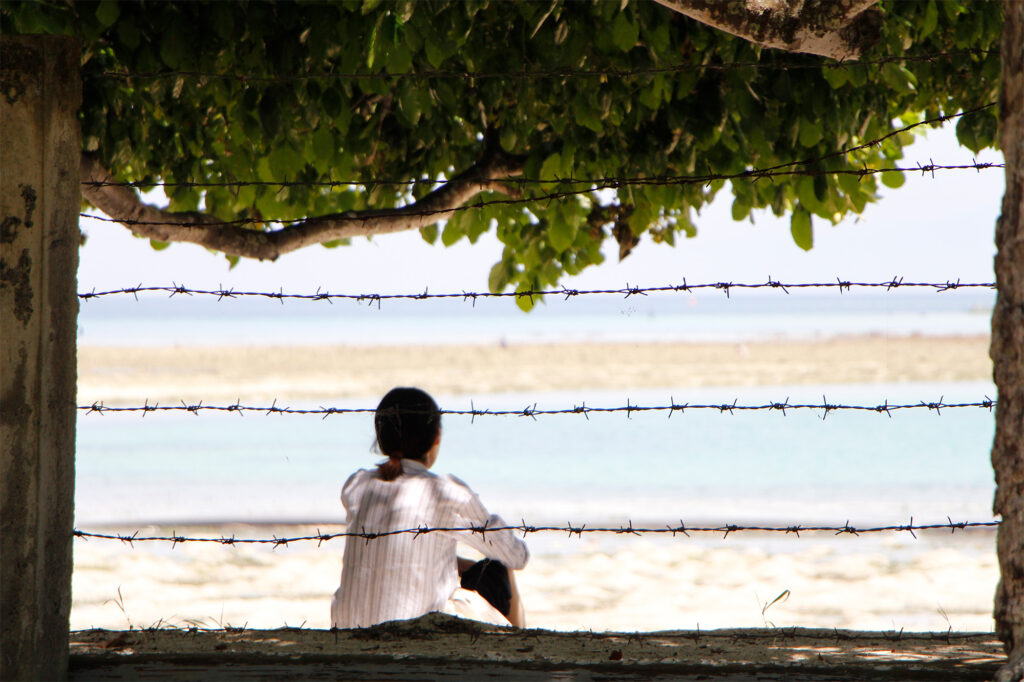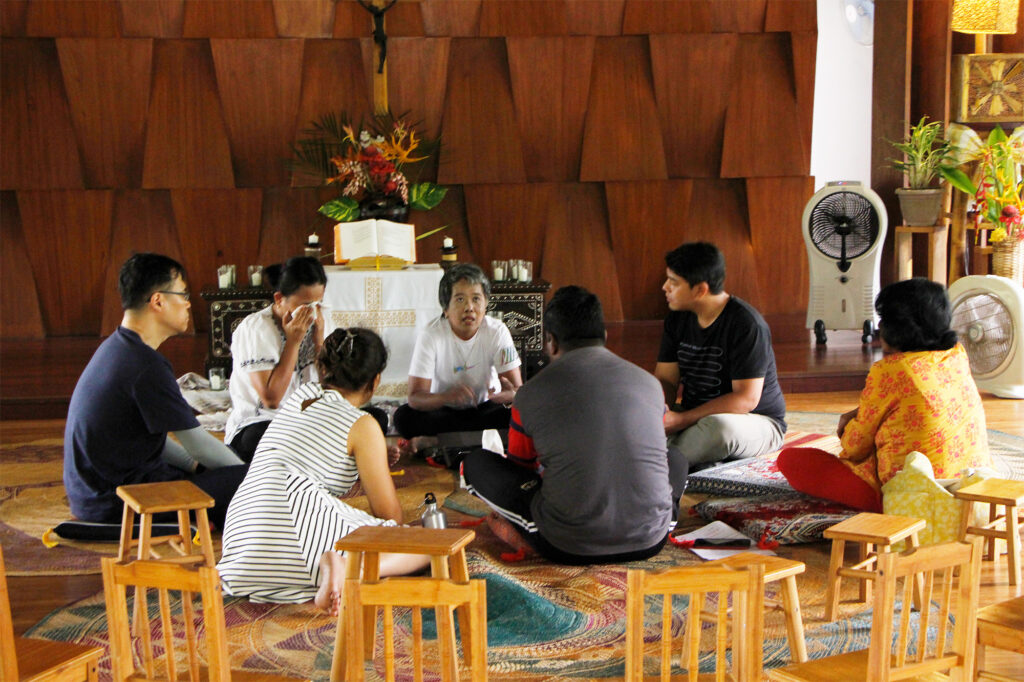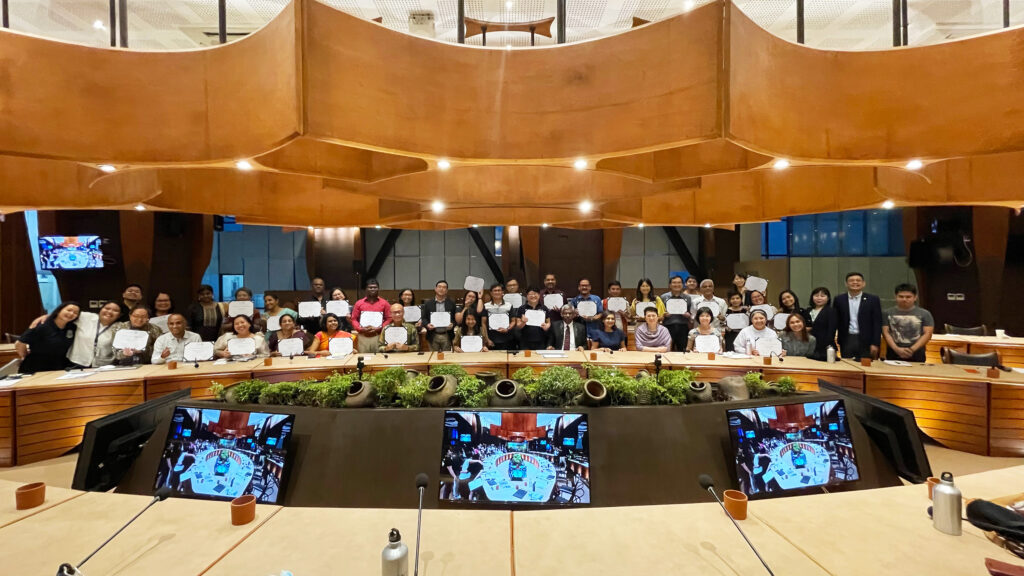
Campus ministry is an essential institutional arm to support faculty and students in many higher education institutions. In Asian countries, where students often belong to diverse faith traditions, campus ministers, who are typically Christians, must cater to the needs of a multi-faith and non-sectarian community. These ministers take on various roles, such as counselors, faculty members, and administrators, while advocating for and accompanying individuals through challenging times. They provide discernment and spiritual guidance, embodying qualities of care and presence.
Campus ministers strive to assist students in personal growth and integration by embracing a “ministry of presence,” which is crucial for fostering holistic education centered around the spiritual formation.
To address the need for extended roles for ministry members, the United Board for Christian Higher Education and the Ateneo de Davao University recently hosted the Asian Academy for Campus Ministry (AACM) with the theme “Walking Together: Living a Culture of Care in Asia” from 25 May 2023 to 08 June 2023.
AACM gathered 29 campus ministers from colleges and universities across Asia, and some of them are members of the Association of Southeast and East Asian Catholic Colleges and Universities (ASEACCU), for an intensive and transformative two-week residential training, reflecting the need for campus ministry to embrace a holistic approach that addresses the personal growth and well-being of students, faculty, and staff across various cultures and faith systems.
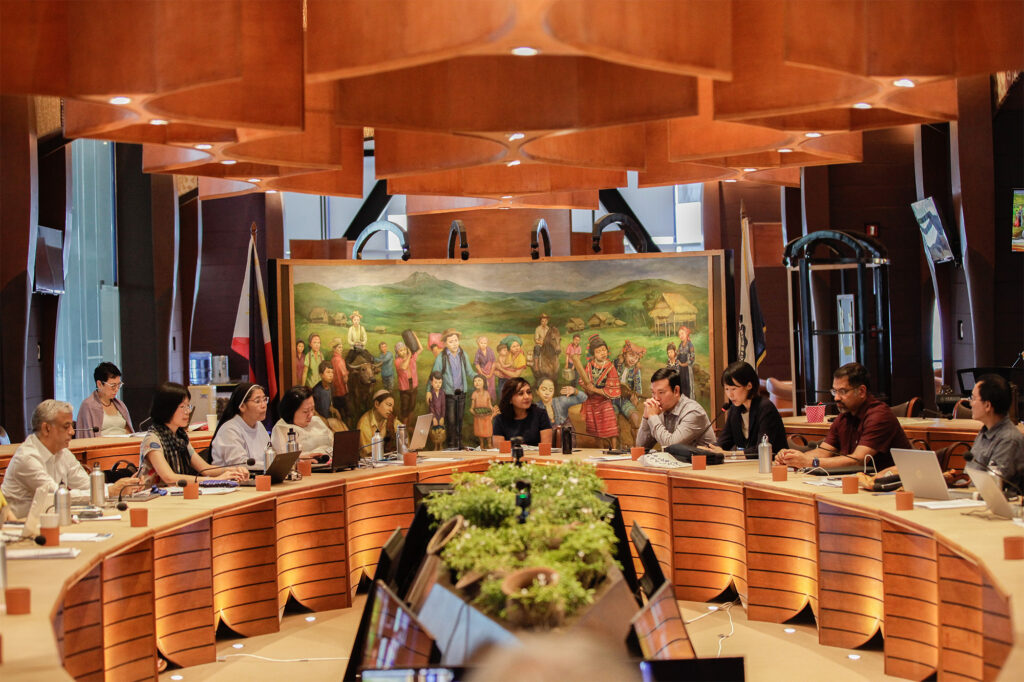
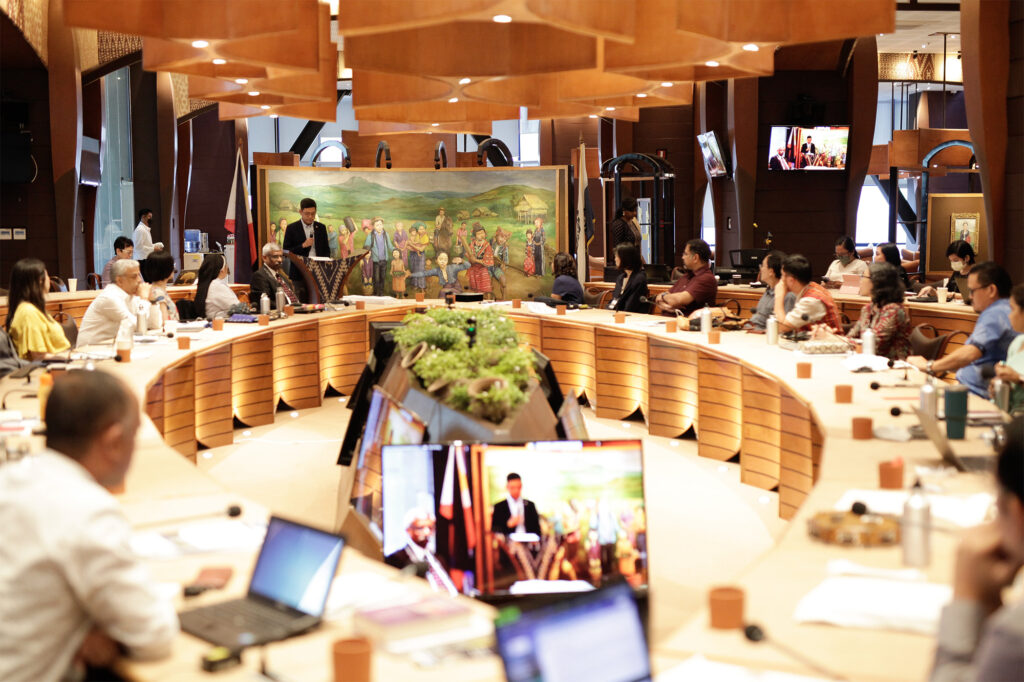
The AACM featured distinguished resource speakers, including experts in multi-faith chaplaincy, psychologists, theologians, campus ministers, and experienced personnel in student formation. Their insights and guidance provided valuable knowledge enhancement and transformational experiences for all participants.
AACM included discussion on various topics, such as investigating the vital role of integrating campus ministry in the institutional vision and mission; reviewing biblical resources and models of multi-faith campus ministry; developing communication and deep listening skills; tackling mental health awareness and meaning-making. The Academy also introduced frameworks rooted in Ignatian Spirituality, emphasizing the importance of contemplation, discernment, and social action in fostering spiritual growth.
One of the highlights of the program was the immersion experience in the Island Garden City of Samal, being one with the local villagers and walking with them. These experiences fostered a deeper understanding of the importance of empathy, compassion, and social engagement in campus ministry.
Overall, the Asian Academy for Campus Ministry was a success as it exemplified the commitment of the United Board for Christian Higher Education and Ateneo de Davao University to promote whole-person education and spiritual formation.
